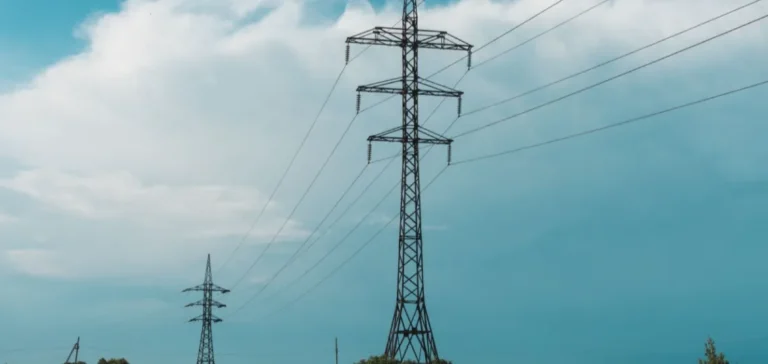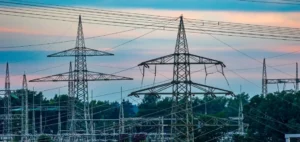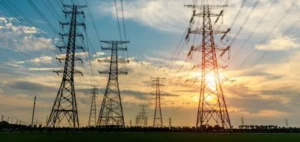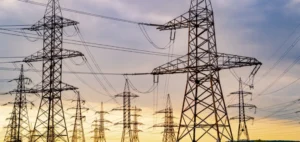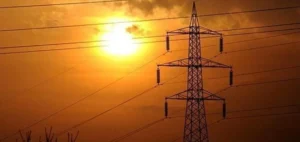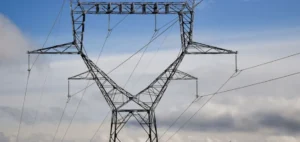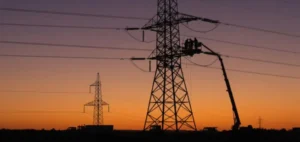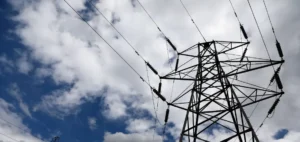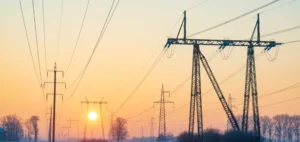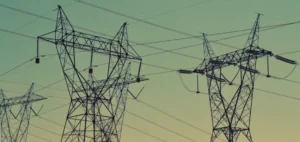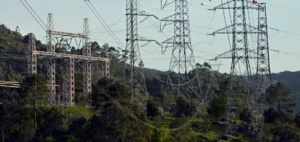U.S. authorities have approved a $130mn project to construct a high-voltage transmission line linking Moldova to the European power grid. The infrastructure aims to ensure a more stable electricity supply for the country by reducing its reliance on historically unstable external sources.
Moldova, whose grid had until recently been connected to power stations fuelled by Russian gas in the separatist region of Transnistria, ceased those imports in January. The decision followed the halt of Russian gas transit through Ukraine, which blocked deliveries to Transnistria. The Moldovan government has since turned to European markets to secure its energy needs.
A strategic shift for Moldova’s infrastructure
The funding is provided by the United States Agency for International Development (USAID) through a programme aimed at supporting Moldova’s energy independence. The future transmission line is expected to connect the country to Romania, a key entry point into the synchronised European electricity market.
According to information shared by the U.S. Embassy, the project also presents a technological export opportunity for American firms, particularly in transmission systems, grid optimisation and digital technologies.
Expected effects on the local economy
The project’s implementation is expected to involve knowledge transfers and the introduction of U.S. technologies in areas such as energy storage and civilian nuclear power. The goal is to allow Moldova to expand its energy base while diversifying its technology partners.
Facing energy instability since the start of the Russia–Ukraine conflict, Moldova is aiming to stabilise its grid by aligning with European standards. The construction of this line represents a significant step toward deeper infrastructure integration into the regional energy market.


